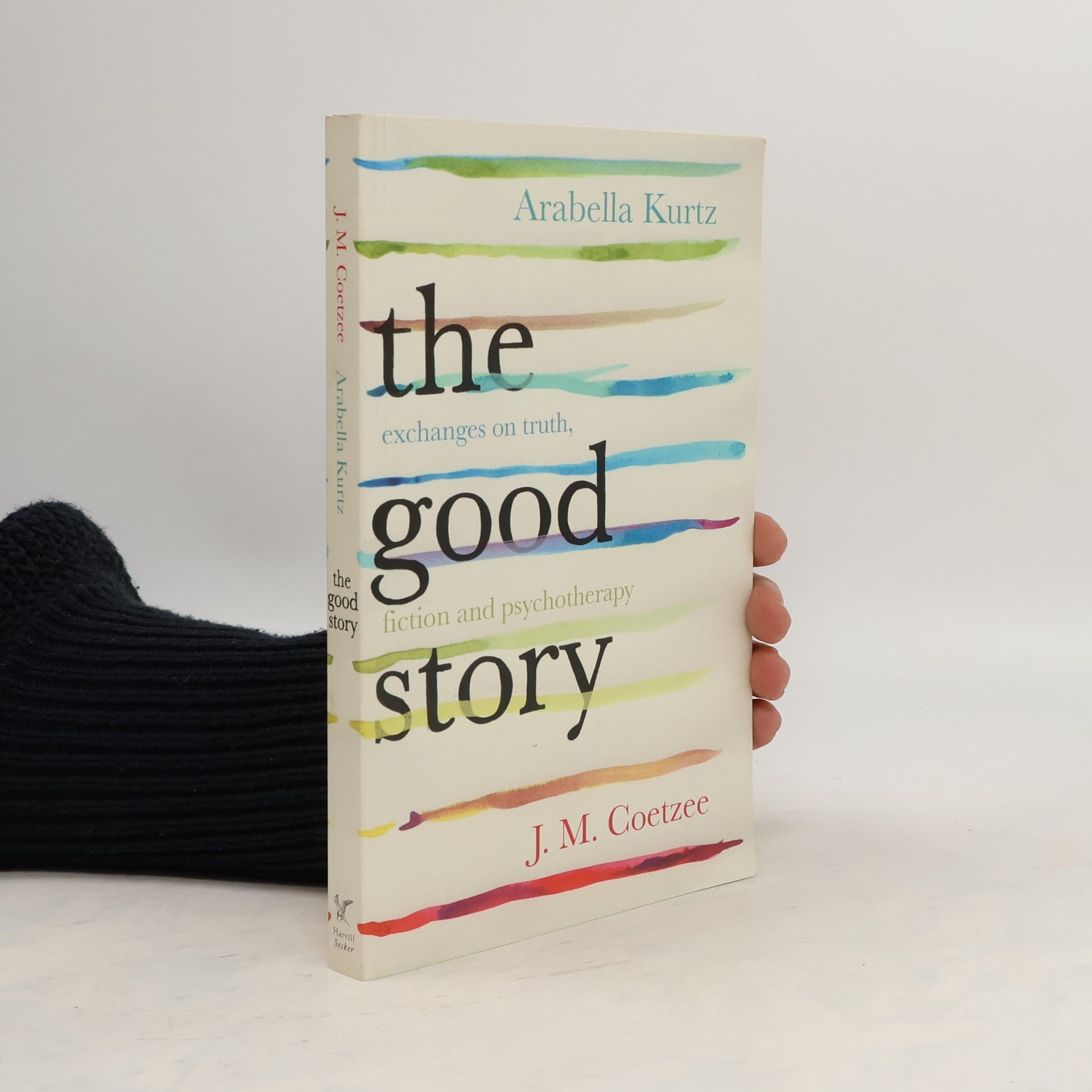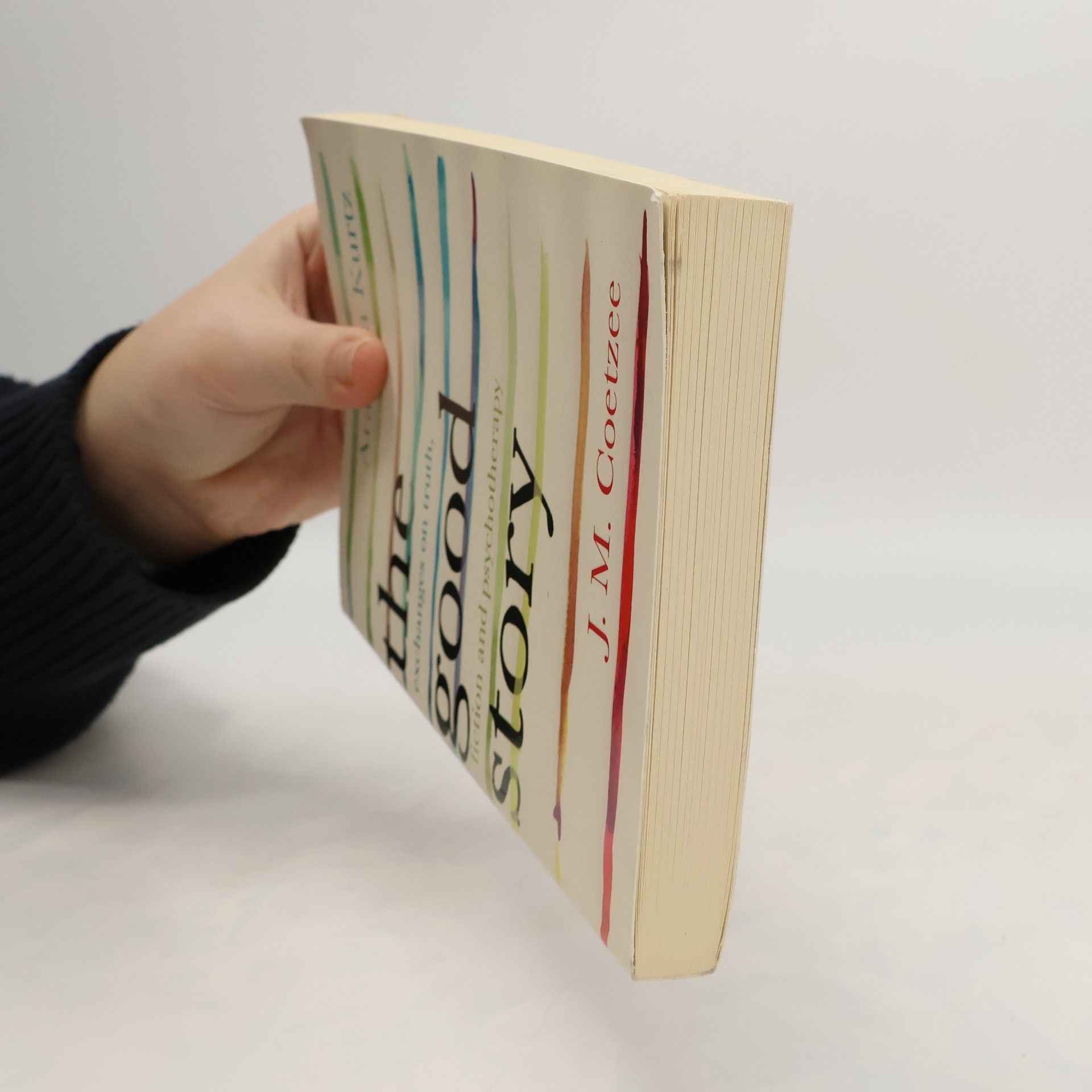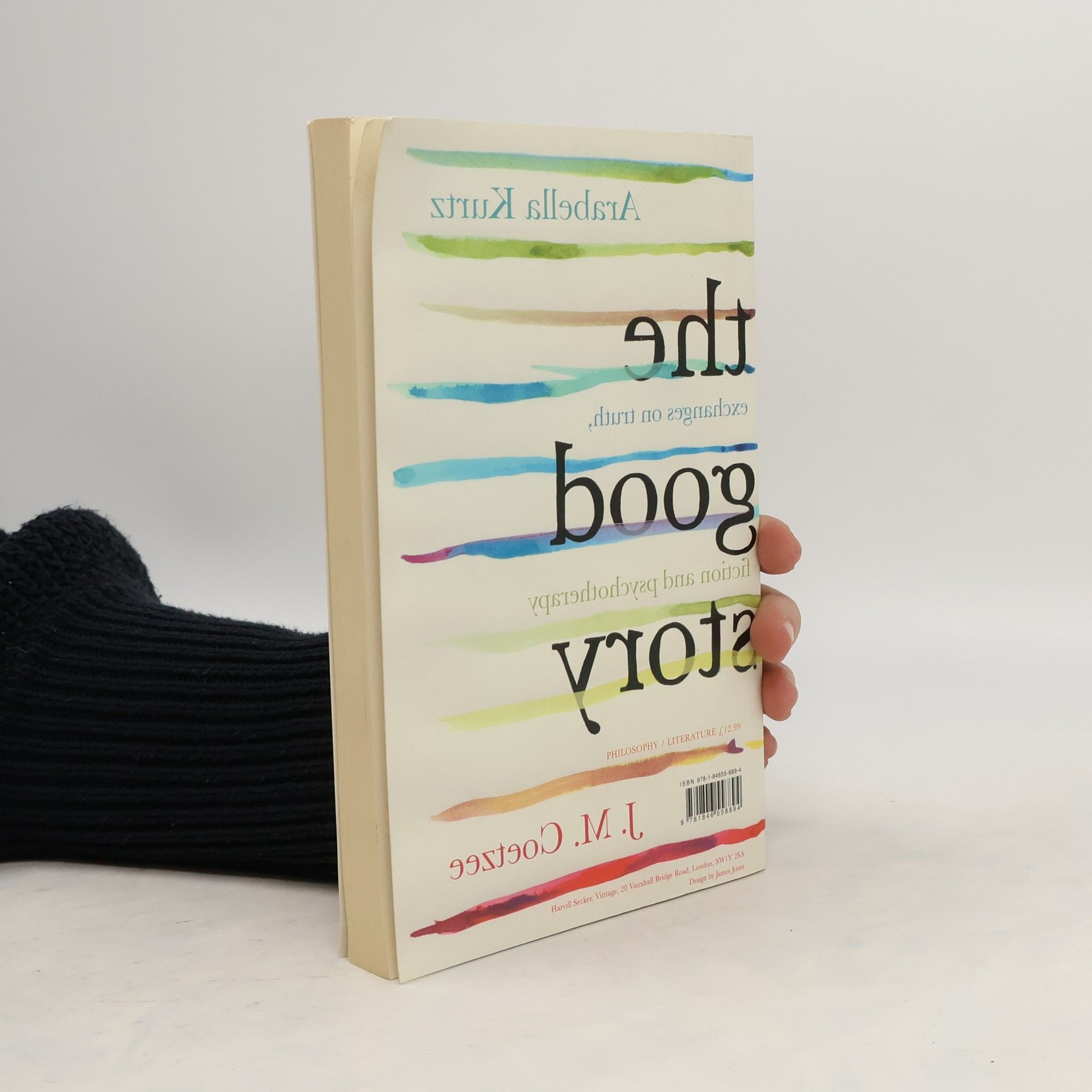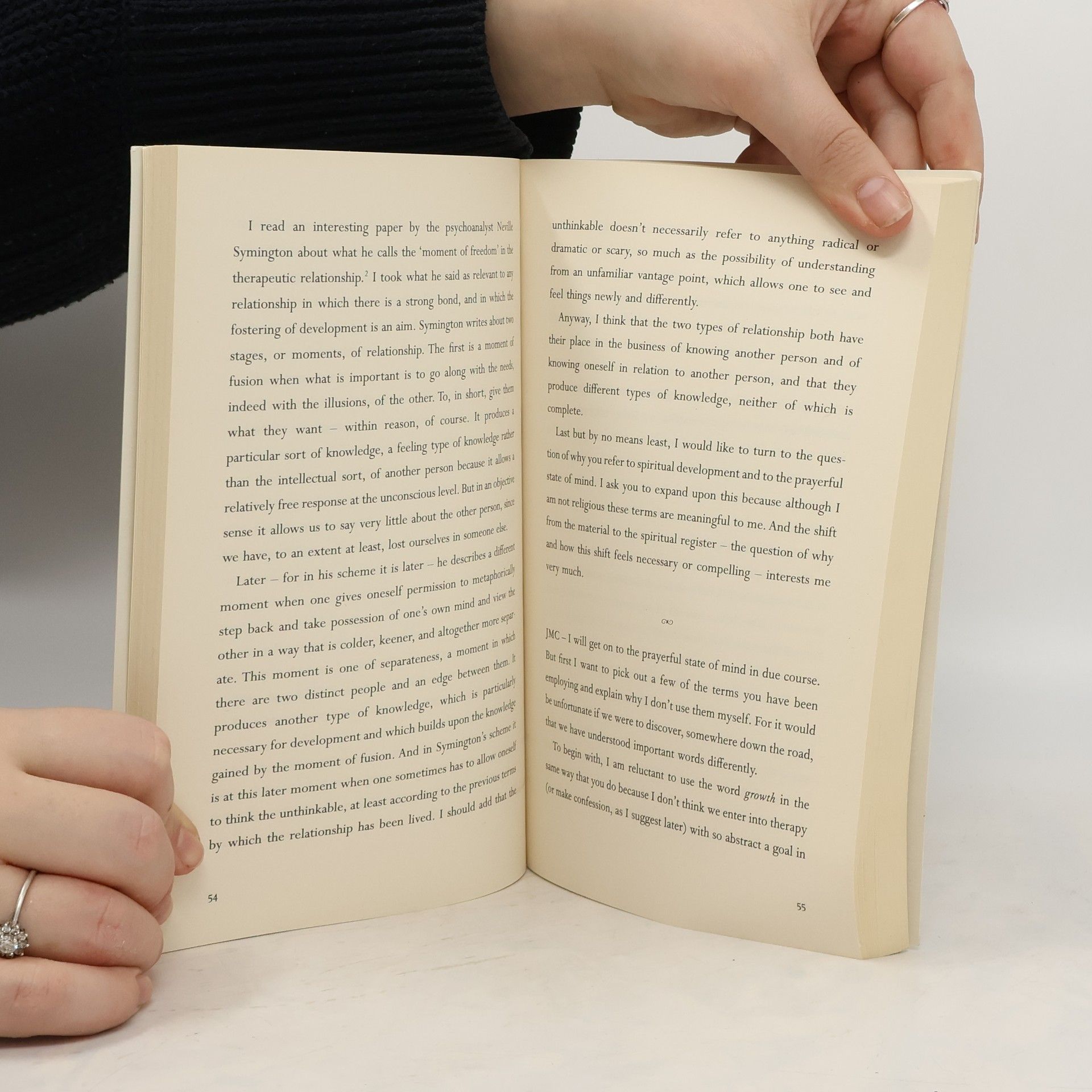Parametre
Kategórie
Viac o knihe
A fascinating dialogue on the human inclination to make up stories between a Nobel Prize-winning writer and a psychotherapist. Arabella Kurtz and J. M. Coetzee consider psychotherapy and its wider social context from different perspectives, but at the heart of both their approaches is a concern with stories. Working alone, the writer is in sole charge of the story he or she tells. The therapist, on the other hand, collaborates with the patient in telling the story of their life. What kind of truth do the stories created by patient and therapist aim to uncover: objective truth or the shifting and subjective truth of memories explored and re-experienced in the safety of the therapeutic relationship? The authors discuss both individual psychology and the psychology of the group: the school classroom, the gang, the settler nation where the brutal deeds of the ancestors have to be accommodated into a national story. Drawing on great writers like Cervantes and Dostoevsky and on psychoanalysts like Freud and Melanie Klein, they offer illuminating insights into the stories we tell of our lives.
Nákup knihy
The Good Story - Exchanges on Truth, Fiction and Psychotherapy, Arabella Kurtz, John Maxwell Coetzee
- Fľaky
- Jazyk
- Rok vydania
- 2015
- product-detail.submit-box.info.binding
- (mäkká),
- Stav knihy
- Poškodená
- Cena
- 3,41 €
Doručenie
Platobné metódy
Navrhnúť zmenu
- Titul
- The Good Story - Exchanges on Truth, Fiction and Psychotherapy
- Jazyk
- anglicky
- Vydavateľ
- Random/Harvill Secker
- Rok vydania
- 2015
- Väzba
- mäkká
- ISBN10
- 1846558891
- ISBN13
- 9781846558894
- Kategórie
- Beletria
- Anotácia
- A fascinating dialogue on the human inclination to make up stories between a Nobel Prize-winning writer and a psychotherapist. Arabella Kurtz and J. M. Coetzee consider psychotherapy and its wider social context from different perspectives, but at the heart of both their approaches is a concern with stories. Working alone, the writer is in sole charge of the story he or she tells. The therapist, on the other hand, collaborates with the patient in telling the story of their life. What kind of truth do the stories created by patient and therapist aim to uncover: objective truth or the shifting and subjective truth of memories explored and re-experienced in the safety of the therapeutic relationship? The authors discuss both individual psychology and the psychology of the group: the school classroom, the gang, the settler nation where the brutal deeds of the ancestors have to be accommodated into a national story. Drawing on great writers like Cervantes and Dostoevsky and on psychoanalysts like Freud and Melanie Klein, they offer illuminating insights into the stories we tell of our lives.



